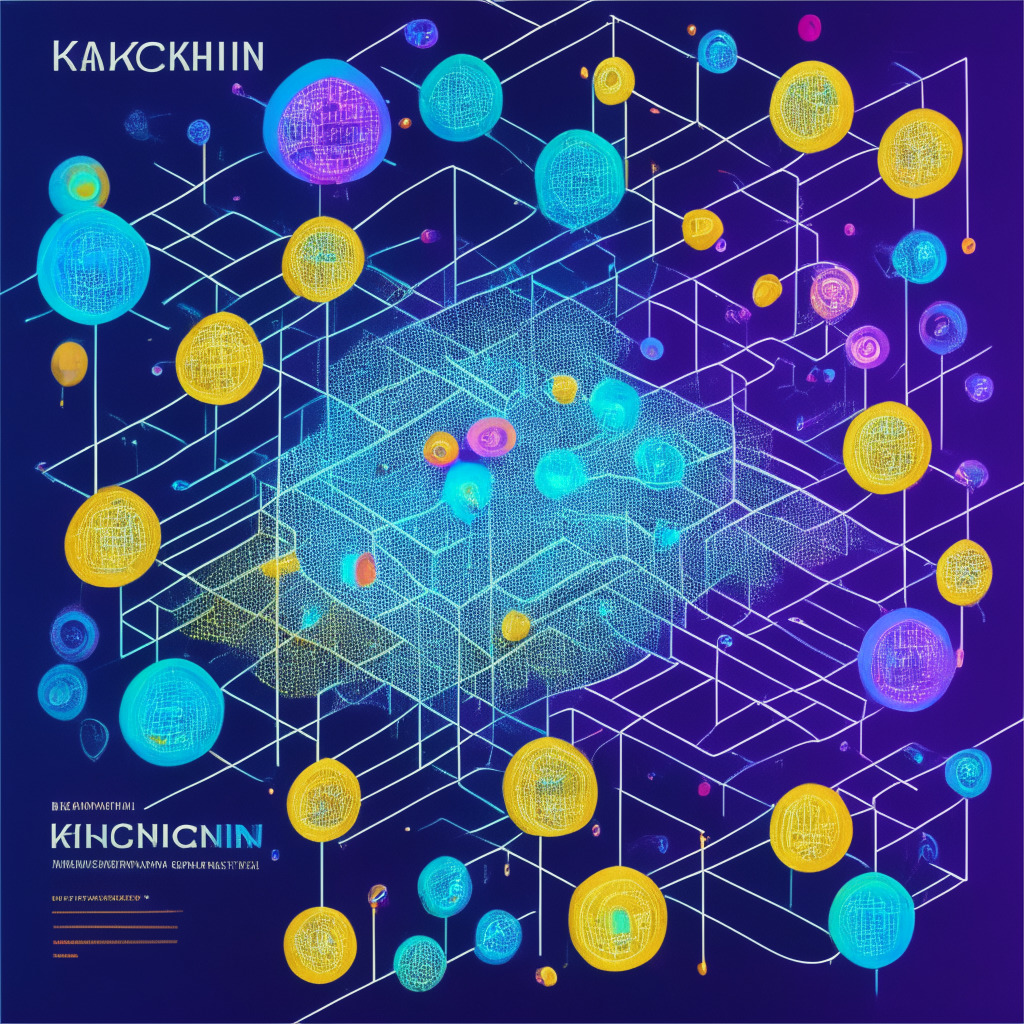The Stellar Development Foundation and PricewaterhouseCoopers (PwC) have launched a financial inclusion framework to assess the effectiveness of blockchain projects in emerging markets. They found that blockchain-based payments enhance accessibility, reduce transaction costs, and increase transaction speed, notably in financially underserved areas. However, they stress on the importance of responsible design principles and robust governance to mitigate potential challenges and criticism.
Search Results for: PricewaterhouseCoopers
Declining Bitcoin Presence on Exchanges: Indication of Changing Trade Dynamics or Signal of Caution?
“Bitcoin (BTC) holdings on centralized exchanges have decreased by 4%, reflecting a growing trend of traders using private wallets. This shift may mitigate massive sell-offs, but also raises concerns for new users dependent on exchanges. Recent security breaches have foregrounded the need for self-custody measures, as the crypto market undergoes a key metamorphosis.”
Spanish Bank A&G Pioneers Crypto Fund: Rewarding Asset or Risky Bet?
Spanish private bank A&G is launching a pioneering investment fund in crypto, signifying rising crypto adoption in Spain. Ensuring secure crypto-investing via regulated products, the fund’s exposure will range between 50% to 100%, mainly targeting Bitcoin and Ethereum. Caution is advised due to potential substantial losses from crypto’s complex and volatile nature.
Diminishing Hedge Fund Interest and the Future of Crypto-Investment
Traditional hedge funds are taking a step back from crypto-investments, with the percentage dropping to 29% from last year’s 37% according to PricewaterhouseCoopers. However, many funds hint at latent potential and despite market volatility, 2023 shows promise for crypto-investments.
Unveiling the Crypto Custody Market: Its Astounding Ascendance and Overcoming Challenges
“Crypto custody market valuation soared to $448 billion in 2022, with 120 custody service providers active as of April 2023. Despite growth, challenges remain in security and insurance coverage. Institutions are increasingly favoring self-custody solutions and digital asset custodians over exchange platforms for enhanced safety.”
Generative AI’s Trillion-Dollar Impact: Balancing Economic Growth and Workforce Risks
Generative AI’s rising popularity, with applications like ChatGPT and Stable Diffusion, could contribute up to $4.4 trillion annually to the global economy, revolutionizing various industries. McKinsey predicts automation of 60-70% of work activities while managing workforce transitions and risks remains a challenge.
ESG Investing Meets Blockchain: PoS, Sustainable Policies, and Bridging the Political Gap
Experts at a recent Consensus conference discussed promoting Proof-of-Stake (PoS) consensus mechanisms for a sustainable crypto future, addressing climate change concerns. To attract institutional investments, blockchain companies must prioritize ESG-friendly policies and establish mutual understanding with regulators and political decision-makers.
Riot Platforms’ Surprising Auditor Switch: Delving into Crypto-Industry’s Complex Ties with Big Four
Bitcoin mining company Riot Platforms switches accounting firms, replacing Marcum with Deloitte, amidst concerns of large accounting firms’ hesitance towards providing services to crypto companies. This highlights a potential divide in how the Big Four firms approach the crypto industry.
Deloitte Integrates KILT Blockchain: A Revolution in KYC & KYB Verification Processes?
Deloitte has integrated with KILT blockchain, a Polkadot parachain, to streamline Know Your Customer (KYC) and Know Your Business (KYB) verification processes using reusable digital credentials. This allows users control over their data and enhances security, efficiency, and scalability.
Nigeria’s National Blockchain Policy: Economic Leapfrog or Cryptocurrency Oversight?
Nigeria’s Federal Ministry of Communications and Digital Economy has approved the National Blockchain Policy, emphasizing the country’s interest in digital innovation. This move aims to benefit public and private sectors, reduce reliance on oil and gas, and align with the ‘DIGITAL NIGERIA’ Roadmap for a secure transaction environment. Despite promising outlook, skepticism remains regarding the integration of blockchain technology without significant attention to cryptocurrencies.
Nigeria Approves National Blockchain Policy: Impact, Pros, Cons, and Future of Crypto
Nigeria recently approved the National Blockchain Policy, aiming to build a blockchain-driven economy enabling secure transactions, data sharing, and value exchange among individuals, businesses, and government. The policy is expected to improve trust and growth, fostering innovation and prosperity for all stakeholders involved.










